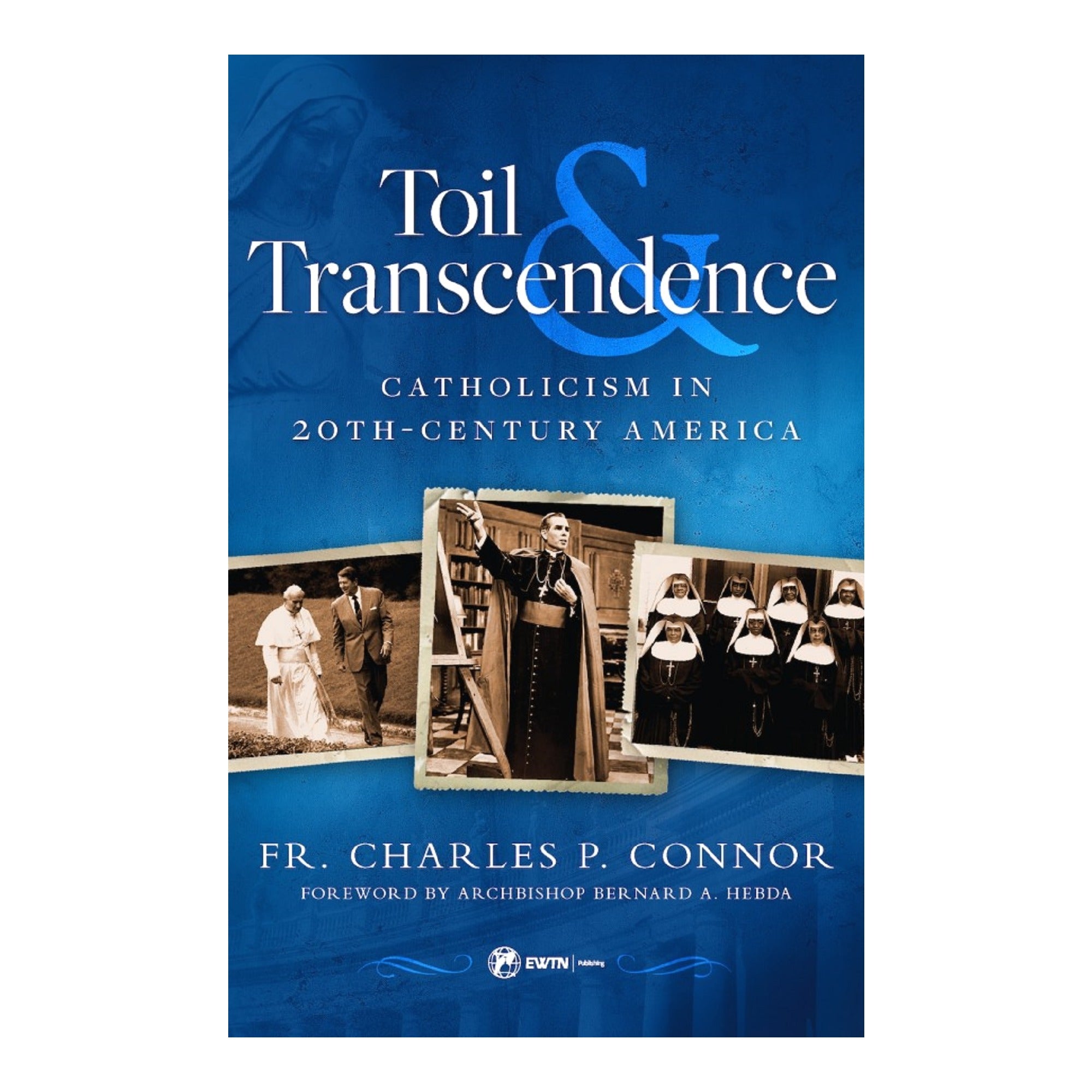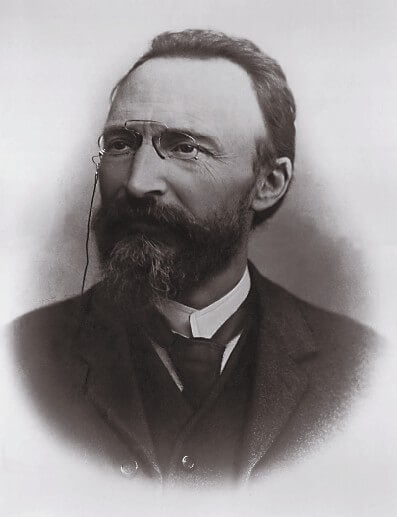As one of the first television stars of the 1950s, Fulton J. Sheen was known by millions of people. When he lived in New York City, he was constantly stopped in the street by people who wished to speak to him.
Some loved and praised him, others told him to his face that he was a horrible man—and then, after speaking briefly with Sheen, they left with gratitude for him dawning in their hearts. As Sheen’s family said, he had “the ability to convert hearts.”
Sometimes this ability manifested itself in unique ways.
During a visit to England, Sheen stayed at St. Patrick’s in London. One morning, as he opened the church doors, a young woman came slouching into the vestibule. She was drunk, so he took her to the rectory and gave her some tea.
She turned out to be the star of a musical playing in town just then.
Sheen asked her to come back—once she was completely sober—and talk with him. She said she would, but made him promise to not ask her to go to confession.
Well, there is more than one way of keeping a promise.
The young woman came back. Sheen offered to give her a tour of the church. As they passed the confessional, Sheen—without asking, as he had promised—gently pushed her into the confessional. She went to confession and received the forgiveness of Jesus Christ for her sins.
Years later, she entered the religious life and became a nun.
The Catholic Church in America boomed during the early-to-mid-20th century, and Fulton J. Sheen was one of many powerful influences in the souls of Americans. What sparked this “springtime” of American Catholicism? What were the challenges and triumphs on the Catholic front during that time? American Catholic history expert Fr. Charles Connor tells the riveting tale in his fascinating book Toil and Transcendence: Catholicism in 20th-Century America. Get your copy today from The Catholic Company!



























